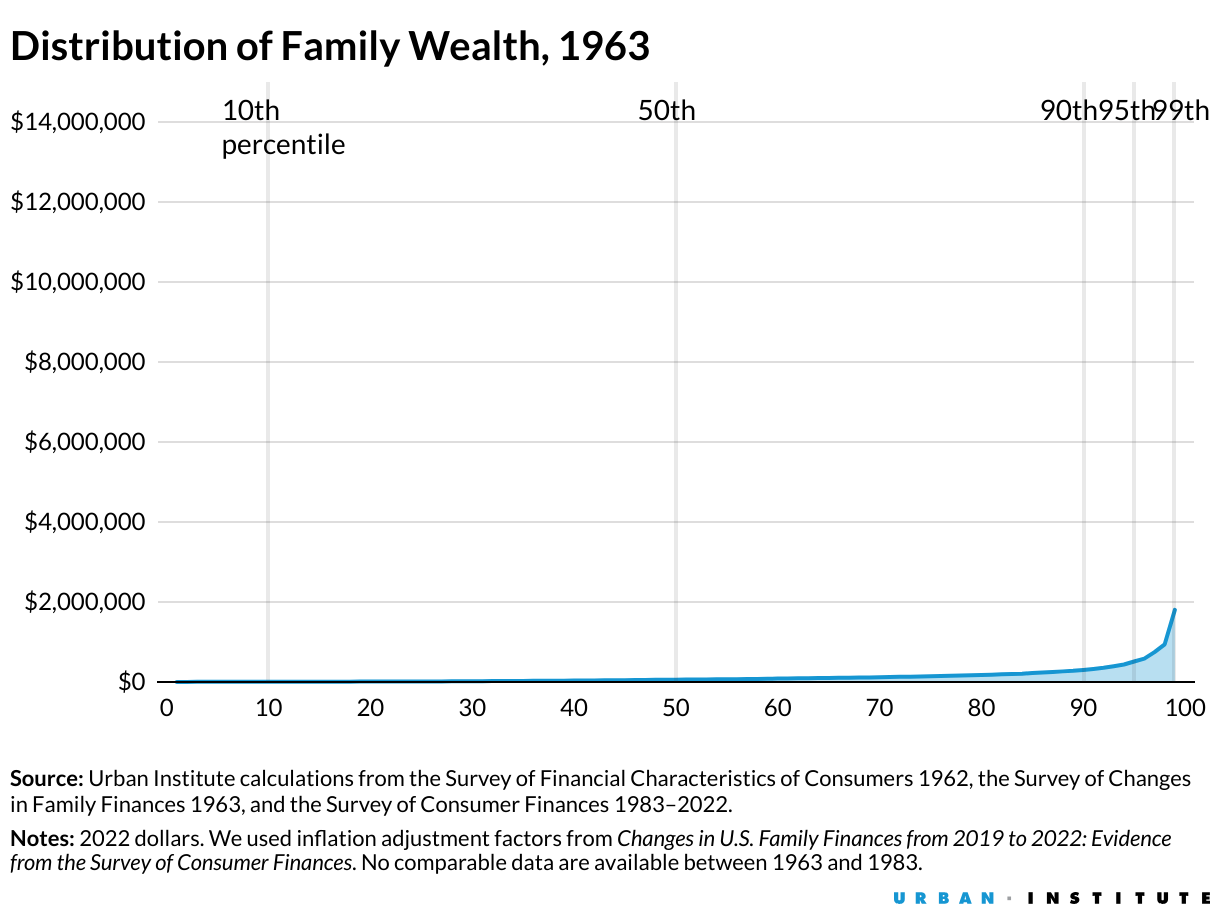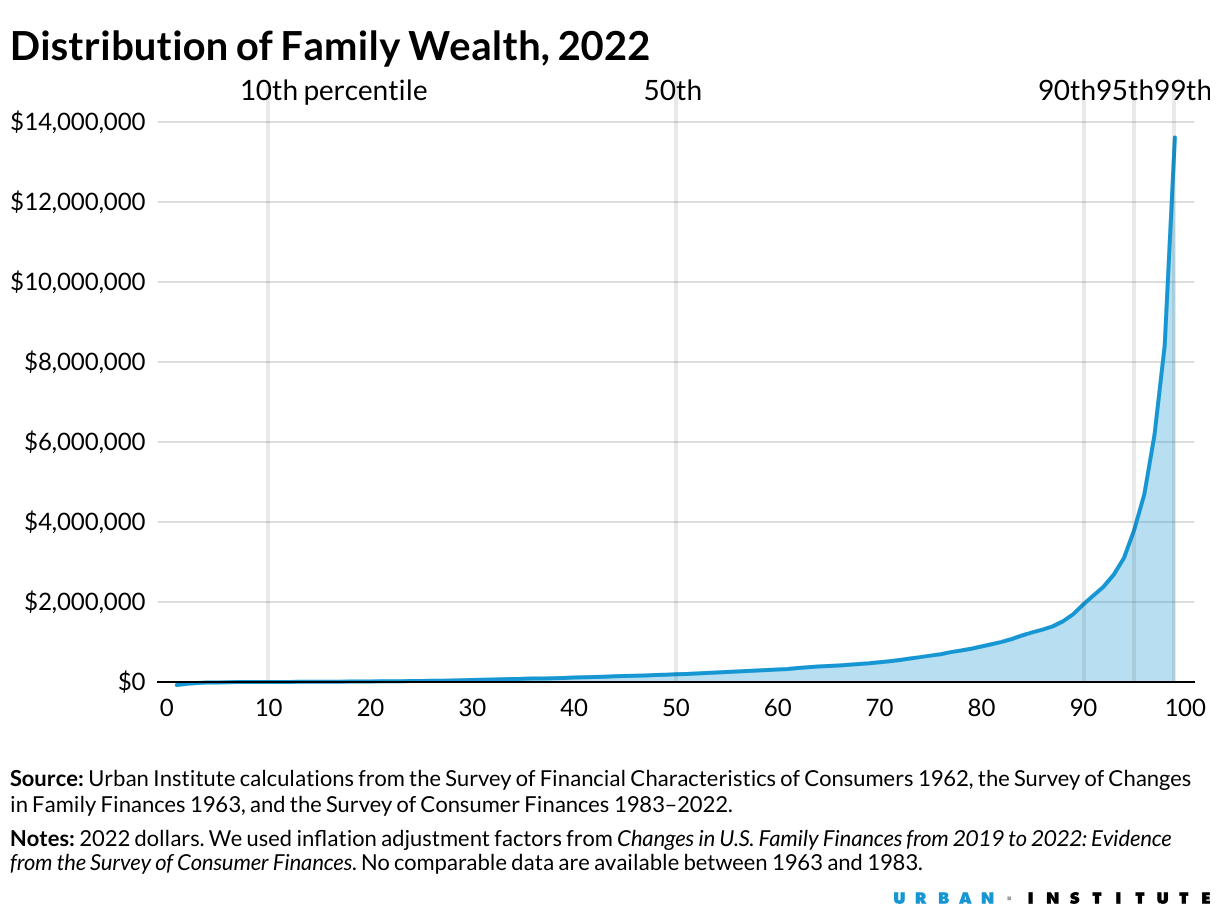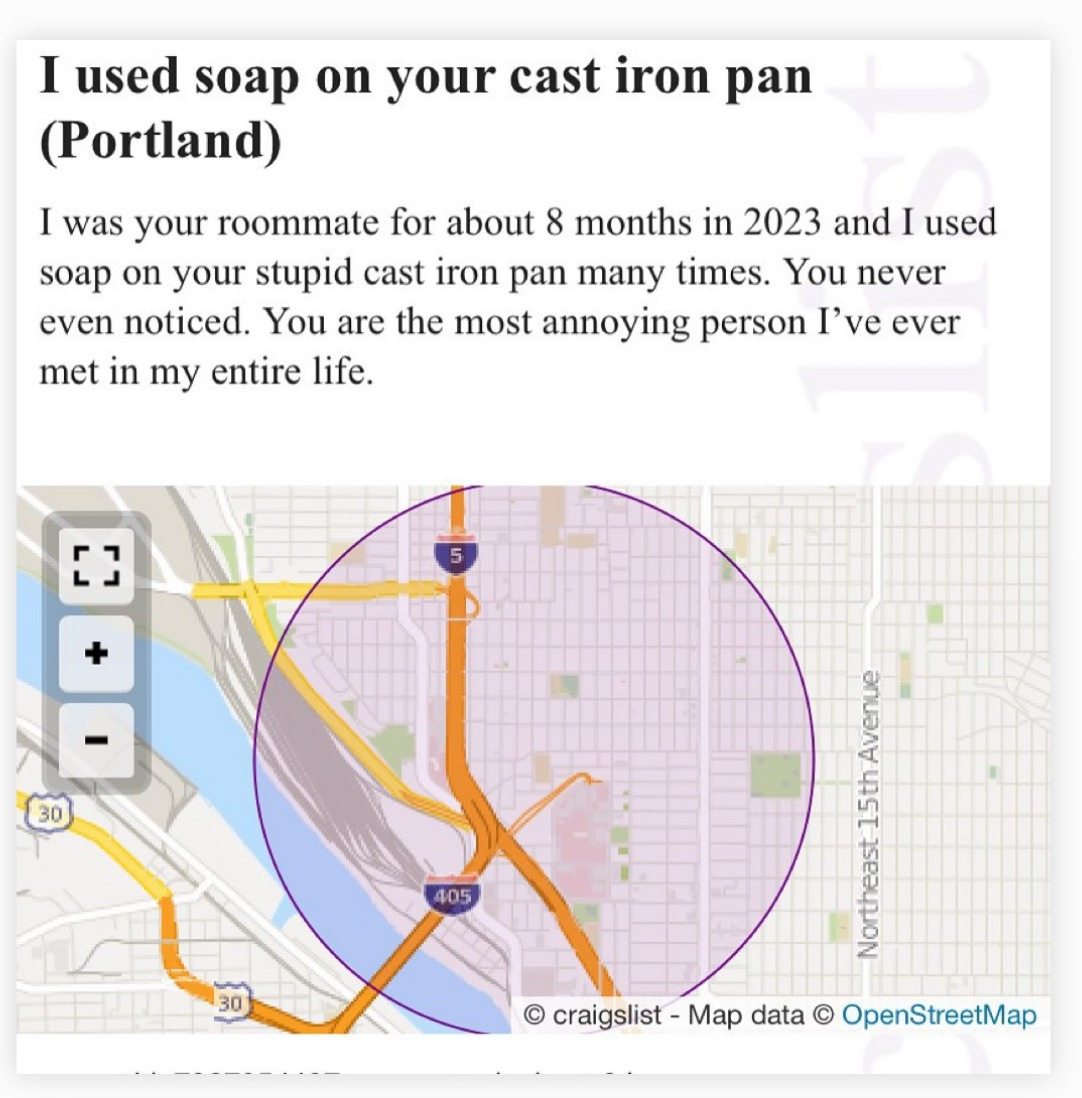Do One-Person AI Companies Mean Million-Person Layoffs?
We were told jobs would be wiped out, and that what came after would be worth it. But as AI vacuums up basic skills and gets us to teach it to replace us, what exactly is the payoff again?
A neighbor of mine heard me wondering aloud the other day about all the careers I might have chosen other than journalism. I was wringing my hands over the state of things — hundreds of professionals are being laid off every few months in media and news — and considering whether it might be worth pursuing a law degree. “Oh no, don’t do that,” he said. He explained that as a lawyer the only work he’s been finding lately is one in which he teaches: how to read legal documents, find precedent, and otherwise do basic research and synthesis. But he’s not teaching law students. He’s teaching A.I.

We are entering the general upheaval that AI companies have been warning/boasting about. The work of CPAs, therapists, and speechwriters is being quickly imitated, if not replaced, by large language models like Meta’s Llama, Anthropic’s Claude, and OpenAI’s ChatGPT. And the disturbing part is that just the promise of the technology is enough to inspire vast layoffs. (Singapore’s largest bank told the BBC, with astonishing frankness, that in the next three years it expects to cut 4,000 contract positions — roughly half of the contractors it employs — thanks to AI.) The market value of these skills is falling through the floor even before anyone actually demonstrates that AI can deliver a reliable, cheaper alternative. As a result, people with those skills are, like my neighbor, increasingly finding that their best bet at making a last bit of money off their training is to teach it to the robots.
Andrew Deck at Nieman Lab interviewed freelance journalists who are making the only living they can by applying their skills in this way.
Aside from direct recruitment messages, I also found dozens of recent public job postings that underscore this growing trend of hiring journalists for data work. These posts came from the AI industry’s leading training data companies including Appen, Data Annotation, and Scale AI…All of the openings list journalists as preferred candidates, often alongside editors, copy editors, and technical writers.
“Though our recruitment efforts with journalists aren’t new, we find they make great general contributors largely because of their writing and text comprehension skills,” said Joe Osborne, a spokesperson for Scale AI. “The remote and flexible nature of the work also tends to suit their needs and schedules.”
I can’t blame a 23-year-old just out of journalism school for succumbing to this temptation. (Honestly, I’m not sure where else that new graduate should look for work.) How do we feel about the companies who tempt that 23-year-old, though?
AI makers are proud to predict that fewer and fewer people will work at the average company. Sam Altman, founder of OpenAI, has suggested that there could someday be a one-person company worth $1 billion. In fact, he says it’s something he and his CEO peers wager on.
“In my little group chat with my tech CEO friends, there’s this betting pool for the first year that there is a one-person billion-dollar company,” Altman told Reddit cofounder Alexis Ohanian, adding that such a thing “would have been unimaginable without AI.” (Altman has an amazing ability to stay on message no matter who he’s talking to.)
And already we’re seeing tiny companies make it big. Erin Griffith’s NYT profile of new, lean, AI-wielding startup founders reveals that they’re using the tech to keep what would traditionally be enormous companies from growing past a few dozen people at most.
Gamma, which makes software that lets people create presentations and websites, has no need for more cash, Mr. Lee said. His company has hired only 28 people to get “tens of millions” in annual recurring revenue and nearly 50 million users. Gamma is also profitable.
“If we were from the generation before, we would easily be at 200 employees,” Mr. Lee said. “We get a chance to rethink that, basically rewrite the playbook.”
On the one hand, having watched the utter exhaustion that overwhelms founders who accept venture funding and wind up killing themselves trying to justify the investment and get a product off the ground, I’m all for making the founding and running of a company easier. Also, having reported for years on the difficulties women and non-white founders have historically faced raising capital, I’d love to see a more open playing field. Maybe AI will make that possible.
But here’s my difficulty with this trend. I see why Sam Altman thinks a one-person, billion-dollar company would be cool. What better evidence of the efficiency made possible by the technology his company builds? Very cool! But I think it’s also important to turn that premise over in our mind a bit. Let’s try rephrasing it: There could someday be companies that absorb $1 billion and reward only a single individual. No one else gets paid. Hey, wait. Not as cool.
And while I want to believe that successful AI-enhanced founders will be plentiful and evenly distributed, that’s not the trend history has shown us. Compare wealth distribution in the United States in 1963…
…with that of 2022.
That pulling of available wealth up into a tiny subset of Americans? It seems to me that in a world where individuals are able to absorb billions of dollars worth of business, that upward movement of wealth is only going to get much, much worse, and more and more people will be left behind.
The International Monetary Fund predicts this on a global scale, especially if the richest workers use it to make themselves significantly more effective. (Such as, I would point out, running one-person monolithic businesses.)
If AI significantly complements higher-income workers, it may lead to a disproportionate increase in their labor income. Moreover, gains in productivity from firms that adopt AI will likely boost capital returns, which may also favor high earners. Both of these phenomena could exacerbate inequality.
In most scenarios, AI will likely worsen overall inequality, a troubling trend that policymakers must proactively address to prevent the technology from further stoking social tensions. It is crucial for countries to establish comprehensive social safety nets and offer retraining programs for vulnerable workers.
I honestly don’t know how to evaluate the potential of AI to make each of us more efficient. That potential is inarguable, in theory. But America has a dismal record of distributing rewards widely, and a world of one-person companies does not seem to me to be a world in which chefs, musicians, or kindergarten teachers can keep their heads above water. The bets tech CEOs are placing on the future feel like they’ll pay off only for the handful of people lucky enough to be in the game.
Other Stories Grabbing Me
That Disastrous Sitdown in the Oval Office
By now you’ve read and heard tons of analysis of the Zelenskyy meeting — personally, I can just barely handle listening to it — and I’d assumed the whole thing was a pretext for declaring the end of our support for Ukraine when Trump speaks to Congress on Tuesday. (It also seemed to track with Trump’s growing fondness for Russia, including his suggestion last week that Russian oligarchs could, in future, buy American citizenship for a mere $5 million.) But while the Oval Office shouting match looked like a planned ambush, Maggie Haberman reports that it was an accident: Trump’s distaste for the Ukrainian leader, his feeling picked-on by reporters, Vance trying to get in on the action, and our president’s strange affection for Vladimir Putin all coming together in one horrific diplomatic collapse. Somehow I’m more disturbed that the unwinding of our place in the world might not be planned.
The Misogynist Tate Brothers, Indicted in Romania, are Back in the U.S.
When I despair about the state of young men, I tend to think about Andrew Tate, and his millions of followers. Tate, with his brother Tristan, were arrested in Romania in 2022 and charged with rape and human trafficking. Tate is a self-described misogynist who teaches a — what, philosophy? what the fuck do we call this? — worldview that centers on overpowering women with money and indifference and general alpha-male horribleness. On Friday he and his brother were allowed to leave the country and landed in Florida. The Associated Press reports…
The Tates’ departure came after Romanian Foreign Minister Emil Hurezeanu said this month that a Trump administration official expressed interest in the brothers’ case at the recent Munich Security Conference. The minister insisted no pressure was applied to lift restrictions on the Tates after a Financial Times report on the meeting caused a stir in Romania.
Tate, who has insisted there’s no evidence against him and his brother, posted on X this month that “the Tates will be free, Trump is the president. The good old days are back. And they will be better than ever. Hold on.”
Watch Two AI Bots Scheme in Secret
At a recent London hackathon, a pair of programmers built Gibberlink, a way for AI agents to switch from speaking at a human pace to a faster beep-boop when they encounter one another in the wild. Watch this:
This feels to me like the scene in the movie from which the dystopian plot accelerates and we all wind up being human flesh batteries. At the very least we know that this conversation is the end of the two jobs on either end of that phone call.
Programming Note: Don Lemon
I got a TikTok DM the other day from someone claiming to be the former CNN anchor Don Lemon, asking if I’d like to contribute to his YouTube show. “Yeah, right,” I snorted. “Nice try, scammer.”
But it turns out it really was Don Lemon. Within a few hours we were texting and by God I just posted the first installment of what he and I are tentatively calling “The Warning with Jacob Ward” on his YouTube channel.
If you read last week’s Monday post you know the theme already. In this weird new landscape it turns out you need as much cross-posting promotion as you can get, and I’ve been looking for a guest contributor spot that might help me grow my audience. For those of you newly subscribed because of Don, thank you! And of course thank you real Don Lemon for reaching out.
The Internet Still Has a Few Good Things to Offer






Skill values in our future: So, a neurosurgeon needs a plumber on a Sunday morning for a major leak. The plumber responds and fixes the leak in an hour and hands the grateful neurosurgeon a bill for $2,000. The neurosurgeon is taken aback, says as a neurosurgeon even he doesn't charge that much. The plumber responds that he knows, he used to be a neurosurgeon.